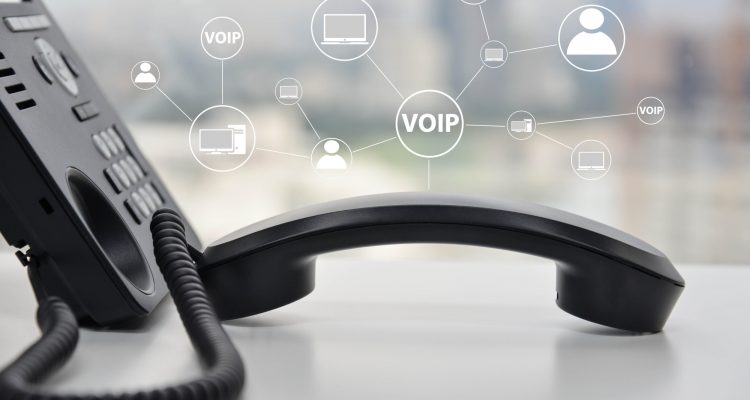More and more businesses are making the move to incorporate unified communications into their daily operations to facilitate a faster, more streamlined approach to information exchange and telecommunication. If you’re a business owner and find yourself still on the fence about the use of VoIP phones with unified communications, below are some commonly asked questions that could hopefully help make your decision easier:

Q. How reliable are VoIP phones compared to standard phones?
A. Reliability and voice quality has improved leaps and bounds for VoIP phones since it was first released to the public. Today, VoIP phones are actually preferred by most businesses for their voice-call quality, versatility and reliability.
Q. What are the different kinds of VoIP phones and how do I know which one best suits my business?
A. Right now, there are 6 more commonly used VoIP phones, each kind with their own specific use.
- Desktop VoIP phones – most widely used out of all business class VoIP phones. These usually come with all the basic features of a standard phone but can only be used with an internet connection.
- Conference Phones – conference VoIP phones in general are most often used in business settings where multi-party phone calls are a part of daily business operations and can often be found centrally located in conference rooms or communal meeting lounges
- Wireless IP phones – ideally used for businesses that require mobility or flexibility within a specific location. These VoIP phones have built-in Wi-Fi that allows users to freely move around an office space even when they’re on a call.
- Softphones – ideally the best of the VoIP phones when it comes to businesses that require frequent travelling or have employees that work remotely. Softphones are not physical phones but rather a software application installed on either laptops or desktops. There are also special softphone applications that can be installed on mobile devices.
- Video Phones – VoIP phones, specifically video phones are perfect for meetings that require face-to-face interactions. You can make video calls to anyone in the world for a more robust and personal experience.

Q. How does switching to unified communications and VoIP phones affect business expenses?
A. With unified communications and VoIP phones, regular telephony costs and add-on features can be reduced. Since VoIP phones utilise your existing internet connection, overseas and landline to mobile phone call costs are significantly minimized.











